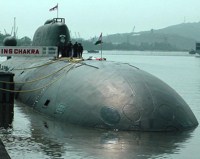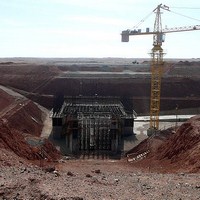
Five years ago, Georgian forces crossed into the Moscow-backed separatist territory of South Ossetia, seeking to clamp down on attacks against ethnic Georgian villages along the de facto boundaries and re-establish authority over the breakaway region. Russia’s response was swift: Its troops poured into South Ossetia, pushing out Georgia’s overmatched military. When the guns were finally silenced after the short but fierce war, hundreds had been killed or wounded and tens of thousands of civilians were displaced. Although the global community refused to follow Moscow’s lead in recognizing the independence of South Ossetia and Abkhazia, Georgia’s other separatist province, the […]













